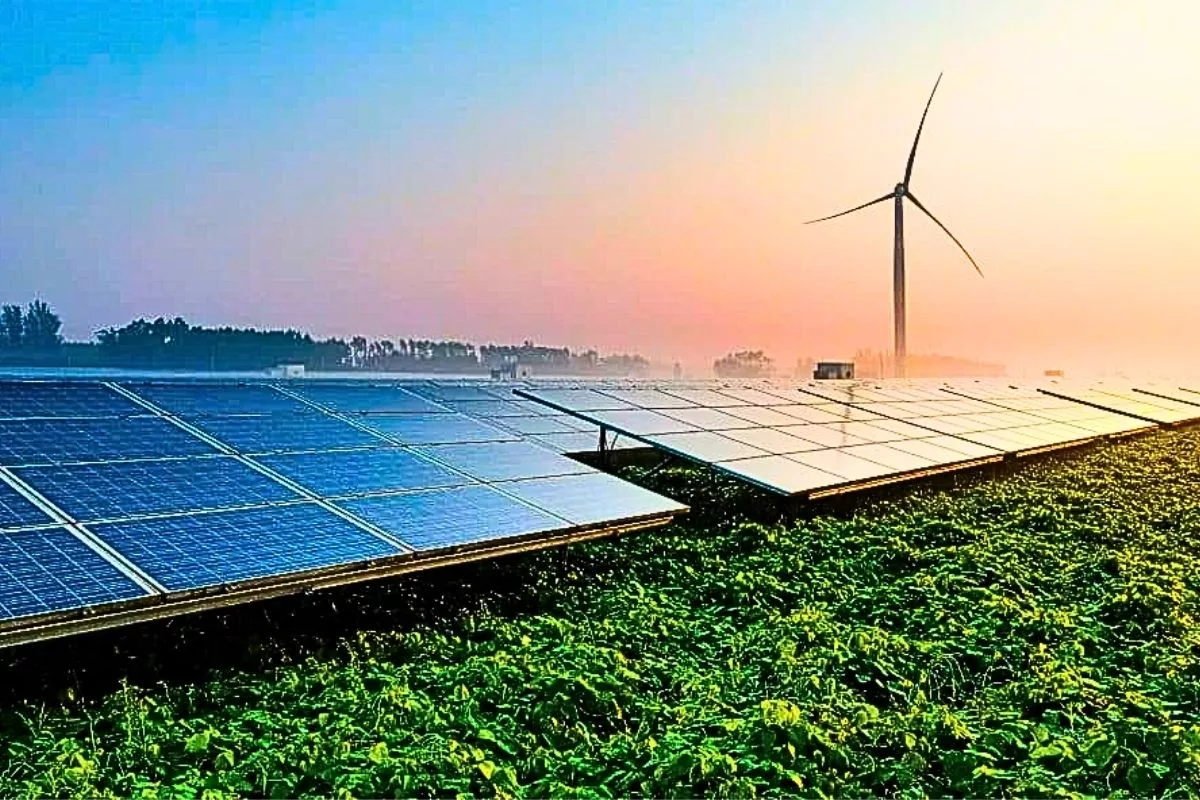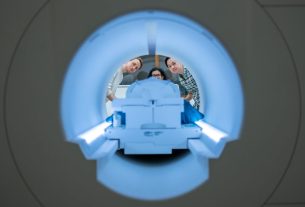Europe is home to some of the world’s leading manufacturers of machinery and equipment. These companies are responsible for producing the tools, machinery, and equipment that are used in a wide range of industries, from construction and manufacturing to transportation and energy.
In the building technologies sector, Siemens offers solutions for building automation, fire safety, and security. The company’s products include HVAC systems, building management systems, and security systems. Siemens also provides solutions for smart cities, including infrastructure for electric vehicle charging and intelligent traffic systems.
In the healthcare sector, Siemens provides solutions for medical imaging, laboratory diagnostics, and clinical IT. The company’s products include X-ray machines, MRI machines, and ultrasound machines, as well as diagnostic tests and clinical information systems.
In the mobility sector, Siemens offers solutions for rail transport, including high-speed trains, locomotives, and signaling systems. The company’s products also include solutions for electric and autonomous vehicles, including charging infrastructure and software for autonomous driving.
Siemens has a strong commitment to sustainability and has implemented a range of initiatives to reduce its environmental impact. The company has set ambitious targets to reduce its carbon footprint, increase the use of renewable energy, and improve the sustainability of its supply chain.
Siemens has also invested heavily in research and development to develop new technologies and solutions that improve the sustainability of its products and services.
One of Siemens’ key strengths is its focus on digitalization and the Internet of Things (IoT).
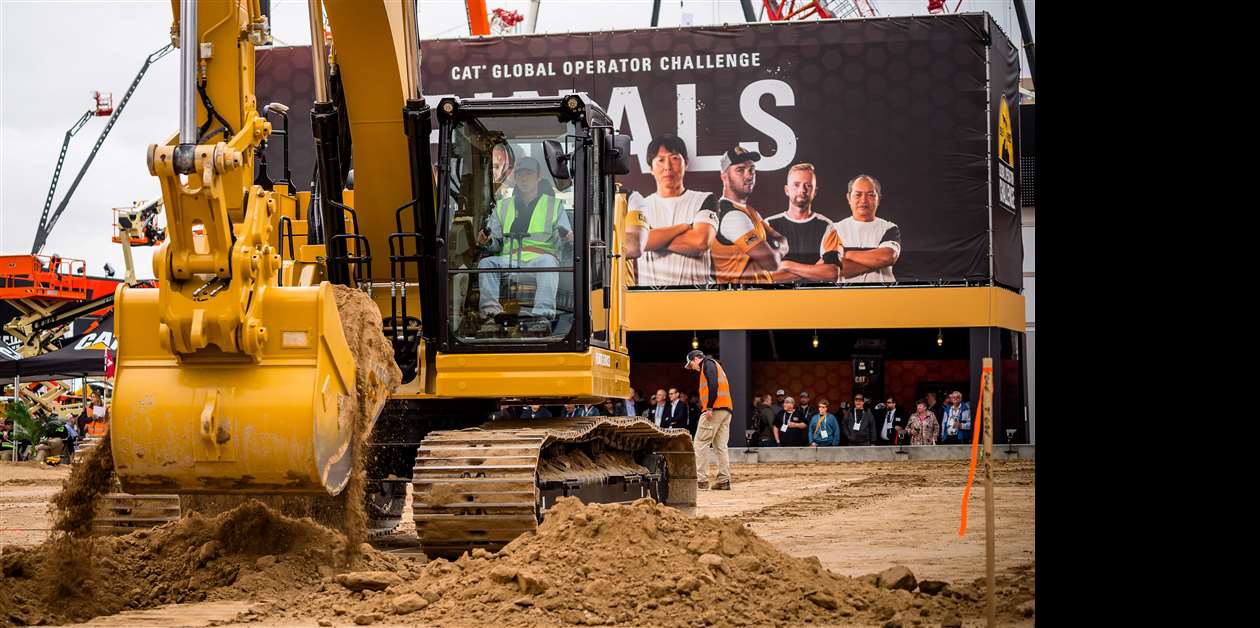
In the mobility sector, Bosch provides solutions for automotive and commercial vehicles, including components and systems for powertrain technology, driver assistance and safety systems, and infotainment systems. The company also develops solutions for mobility services, including eBikes and IoT-enabled mobility services.
In the consumer goods sector, Bosch produces a wide range of products, including home appliances, power tools, and gardening tools. The company is a leading manufacturer of refrigerators, washing machines, and dishwashers, as well as power tools and accessories for the construction and woodworking industries.
In the energy and building technology sector, Bosch provides solutions for heating and cooling systems, hot water systems, and energy management systems for residential and commercial buildings. The company also develops solutions for renewable energy, including solar power and geothermal systems.
In the industrial technology sector, Bosch provides solutions for automation, drive, and control technology, as well as solutions for packaging technology and robotics.
Bosch is committed to sustainability and has set ambitious targets to reduce its carbon footprint, increase the use of renewable energy, and improve the sustainability of its supply chain. The company is also focused on innovation and invests heavily in research and development to develop new technologies and solutions.
One of Bosch’s key strengths is its focus on connectivity and IoT-enabled solutions. The company has developed a range of IoT-enabled products and solutions that enable customers to monitor and control.
ABB has a strong presence in the power and energy sector, providing solutions for renewable energy, power generation, transmission and distribution, and energy storage. It has also been expanding its focus on sustainable transportation, providing charging infrastructure for electric vehicles and developing solutions for the electrification of ships and other transportation modes.
In 2020, ABB announced a strategic partnership with Amazon Web Services (AWS) to develop new digital solutions for the energy industry, further cementing its position as a leader in digitalization and innovation.
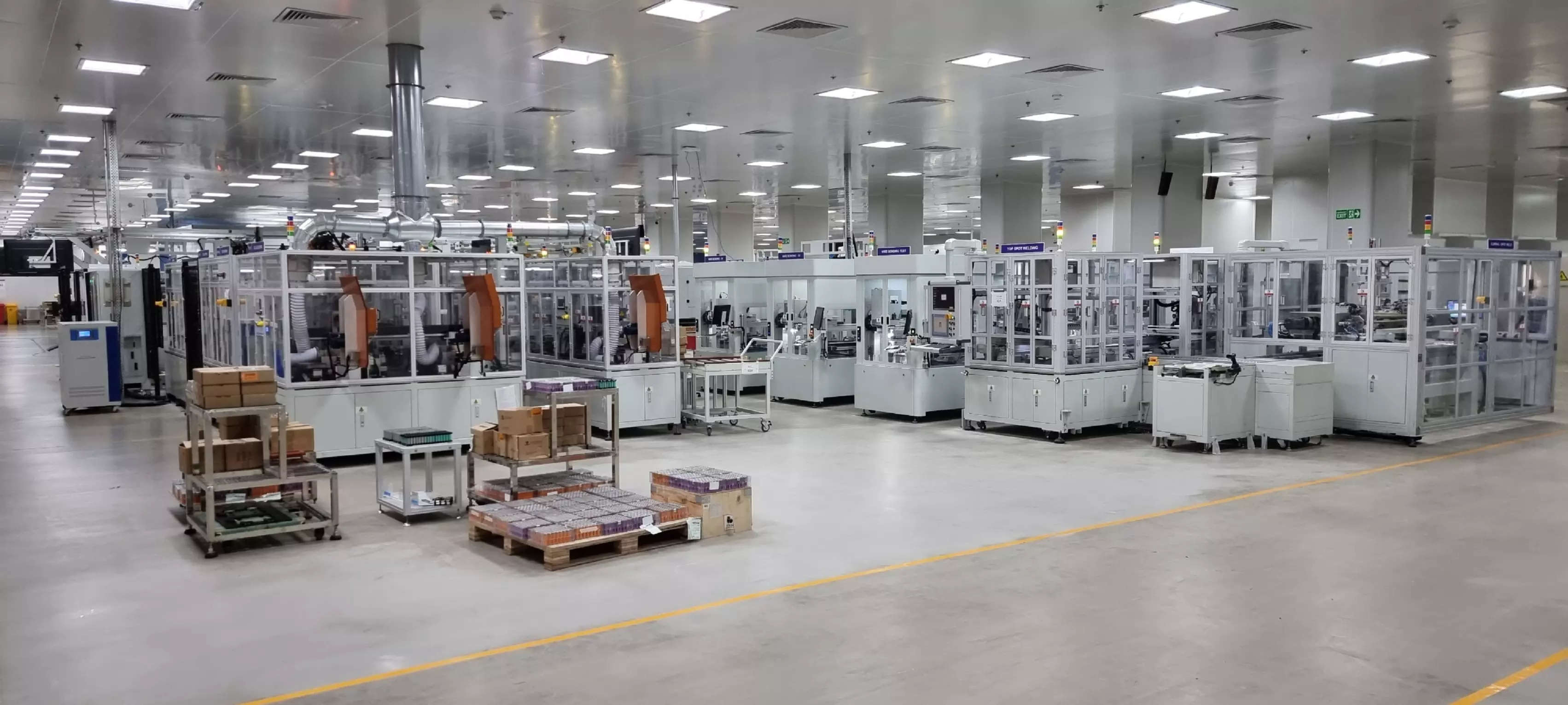
In addition to railway systems, Alstom also produces power generation and transmission systems and has recently expanded into the production of hydrogen fuel cell systems for trains and other applications.
In 2021, Alstom completed the acquisition of Bombardier Transportation, a major manufacturer of trains and rail equipment, which has further expanded Alstom’s presence in the global rail industry.
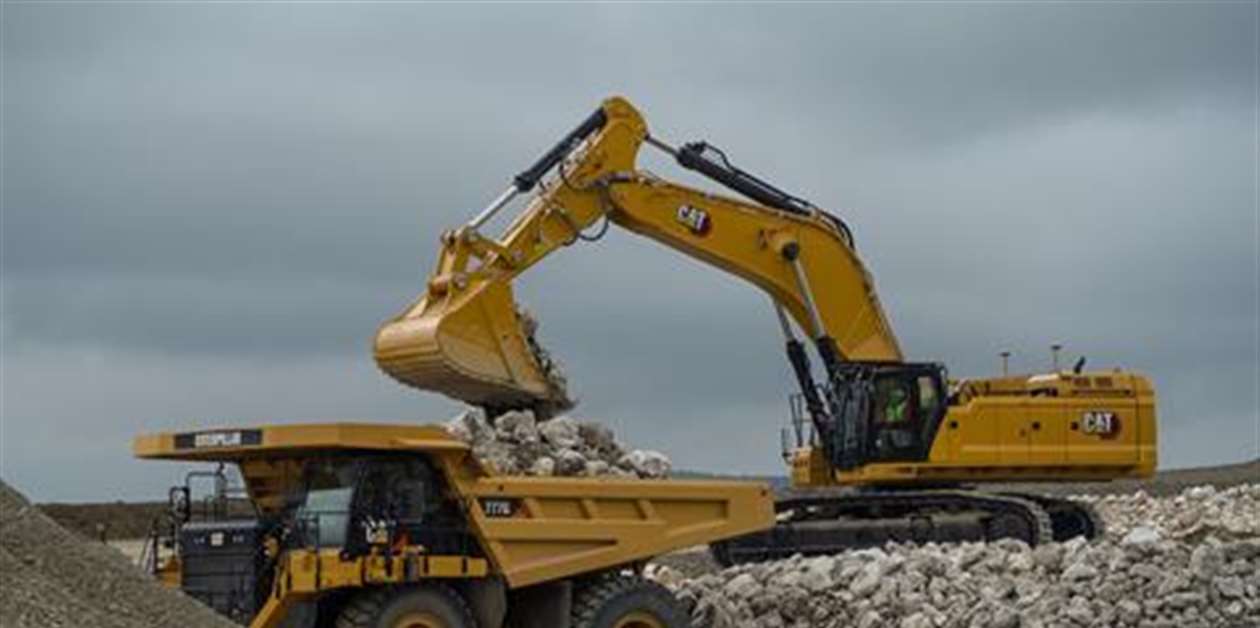
Rolls-Royce is known for its innovative technology and engineering expertise, and its products are used by some of the world’s leading airlines, shipping companies, and energy providers. The company has a global presence with operations in over 50 countries and employs around 50,000 people worldwide.
Rolls-Royce is committed to sustainability and has set ambitious targets to reduce greenhouse gas emissions from its products and operations. The company is also involved in a number of initiatives to promote sustainable aviation and shipping, including the development of electric and hybrid-electric propulsion systems.
In recent years, Rolls-Royce has faced challenges due to the COVID-19 pandemic, which has had a significant impact on the aviation industry. However, the company remains a major player in the global engineering industry and continues to innovate and invest in new technologies.
The company operates in three main business areas: Sandvik Mining and Rock Solutions, Sandvik Machining Solutions, and Sandvik Materials Technology. Sandvik Mining and Rock Solutions offer a wide range of equipment, tools, and services for the mining and construction industries.
Sandvik Machining Solutions provides cutting tools, tooling systems, and solutions for metal cutting. Sandvik Materials Technology produces advanced stainless steels and special alloys, as well as products for industrial heating systems and process industries.
Sandvik is committed to sustainability and has set ambitious targets for reducing its environmental impact. The company is also focused on innovation and invests heavily in research and development to stay at the forefront of its industries.
In the commercial sector, offers solutions for office buildings, hotels, and healthcare facilities. Its products include lighting systems, energy management systems, and building automation systems.
In conclusion, it is a leading player in the manufacture and distribution of electrical and digital building infrastructures. The company’s commitment to sustainability and innovation has helped it to maintain its position as a leading player in the industry.
its focus on digitalization and IoT has enabled it to develop cutting-edge products and solutions that improve the safety, efficiency, and sustainability of buildings.
9. FANUC Corporation-
FANUC is a Japanese multinational corporation that is a leading producer of industrial robots and automation equipment. The company produces a wide range of products, including CNC systems, lasers, and robots for use in manufacturing and other industries. FANUC’s innovative products and services have helped to make it one of the leading manufacturers of machinery and equipment in Europe. 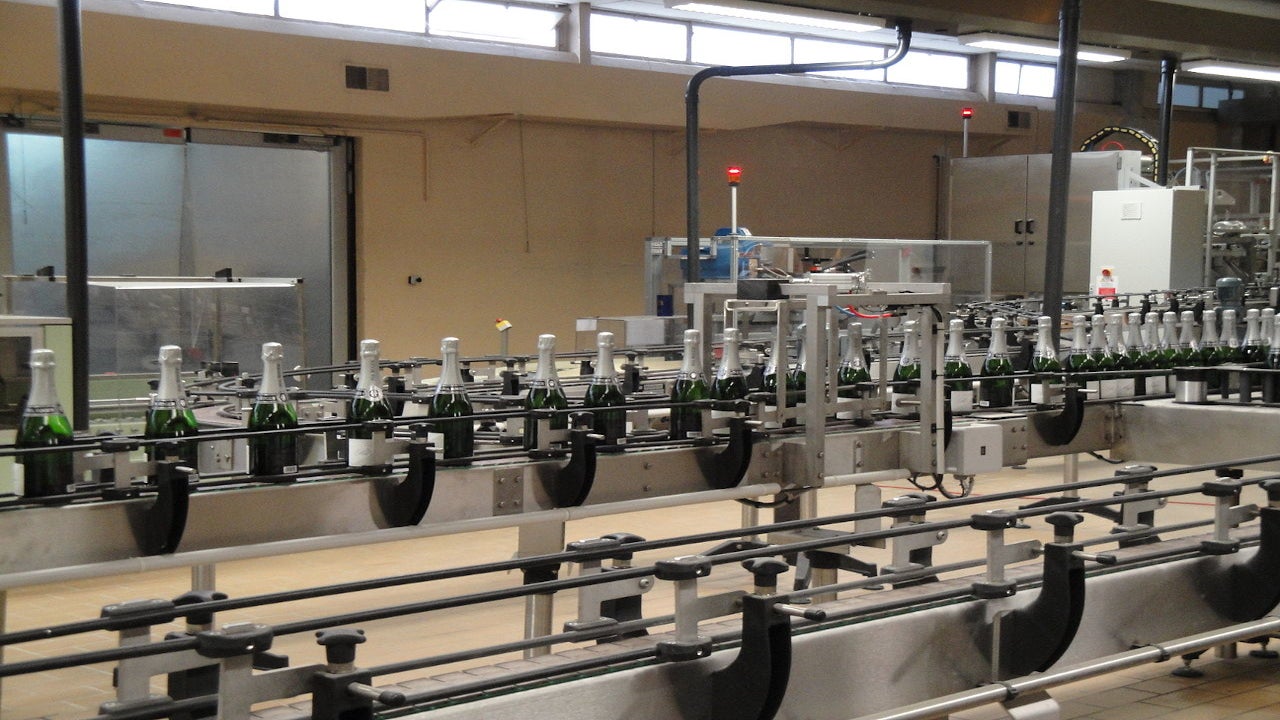
10. Kuka AG- 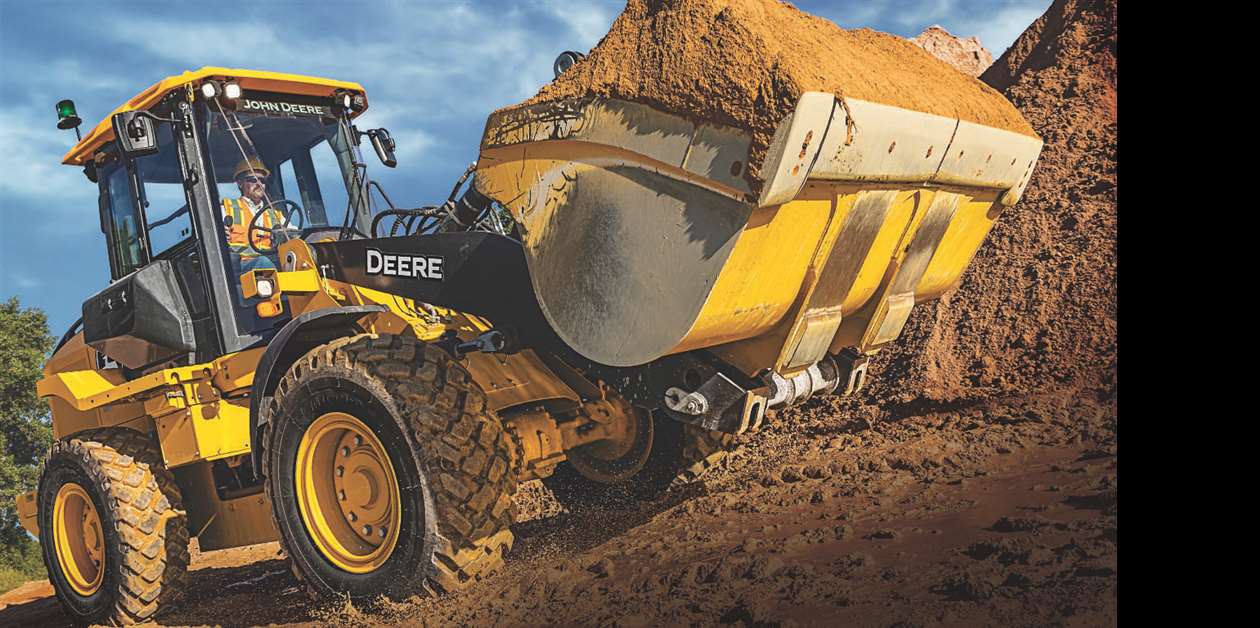
Kuka is a German multinational corporation that produces a wide range of products, including industrial robots, automation systems, and software solutions. The company has a strong focus on innovation and has been at the forefront of the development of advanced manufacturing technologies.
Kuka AG is a German company that specializes in robotics and automation solutions. The company was founded in 1898 as a manufacturer of cranes and has since evolved into a leading supplier of industrial robots and automation systems. Kuka’s products include robots for various industries, such as automotive, aerospace, and healthcare, as well as automation solutions for the logistics and production industries.
Kuka’s robots are known for their high precision, speed, and reliability, and the company has a strong reputation for innovation in the field of robotics. Kuka’s products are used by some of the world’s largest companies, including Volkswagen, BMW, and Airbus.
In 2016, Kuka was acquired by Chinese appliance maker Midea Group for $5 billion, which has allowed Kuka to expand its presence in the Chinese market. Despite the acquisition, Kuka continues to operate as an independent company, and its headquarters remain in Augsburg, Germany.
